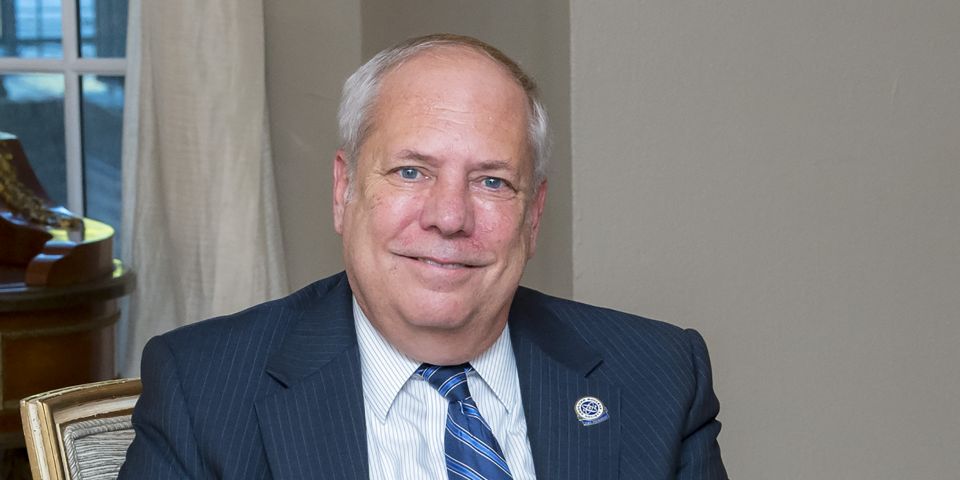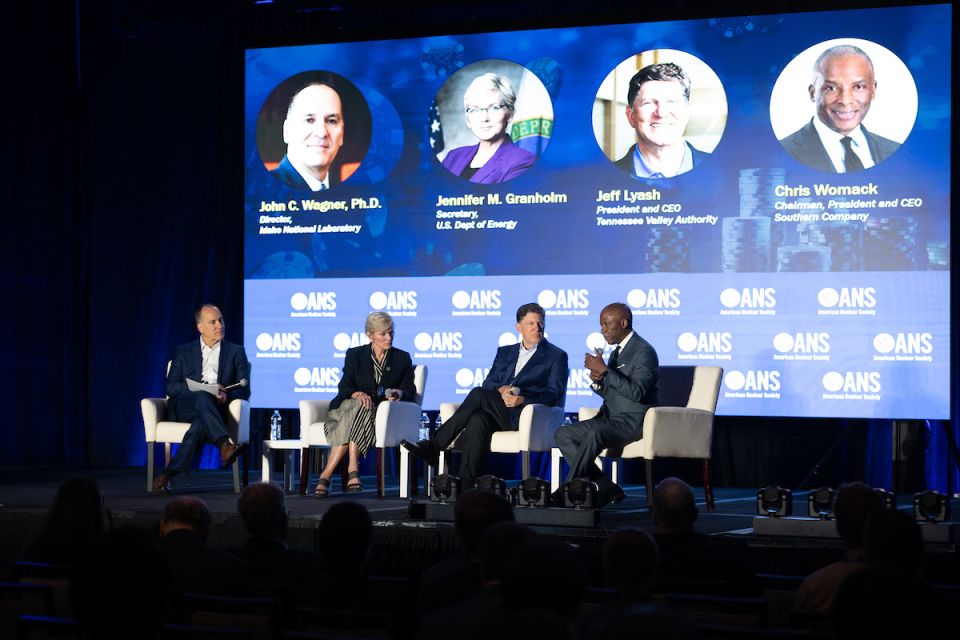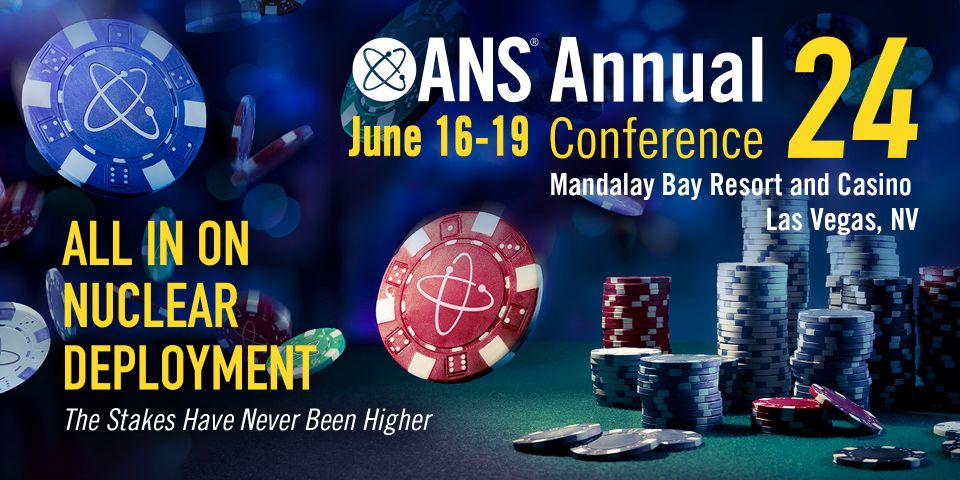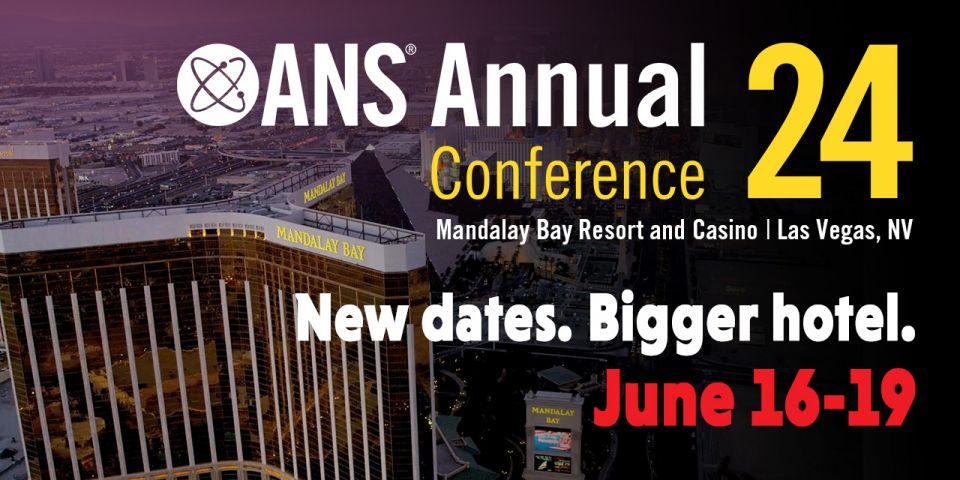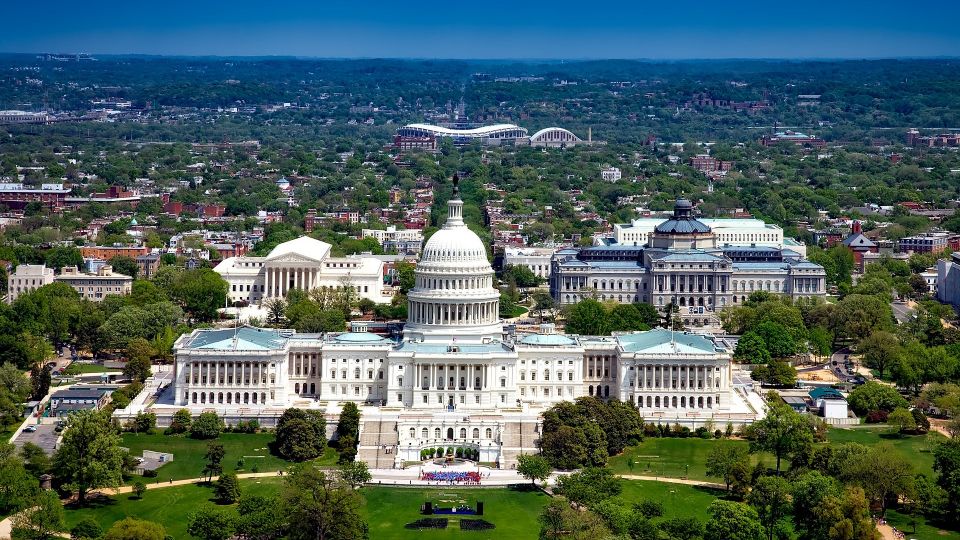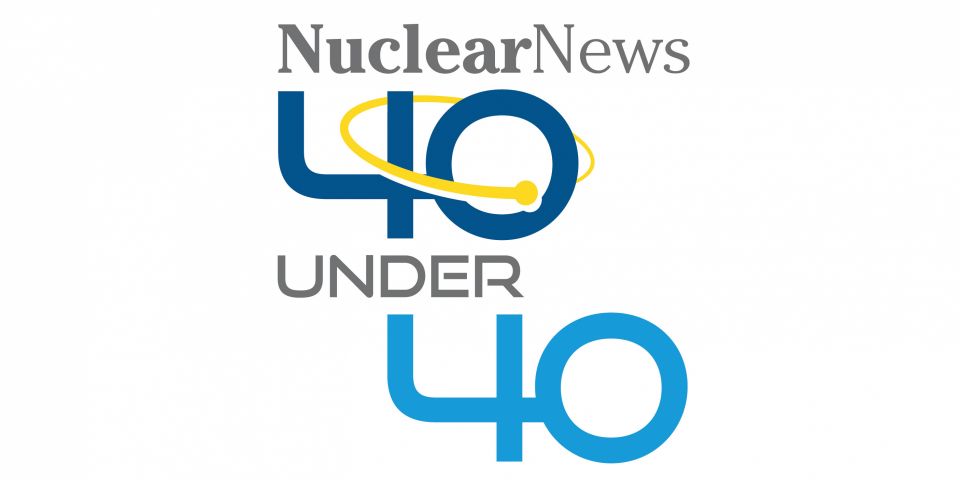ANS approves two new student sections
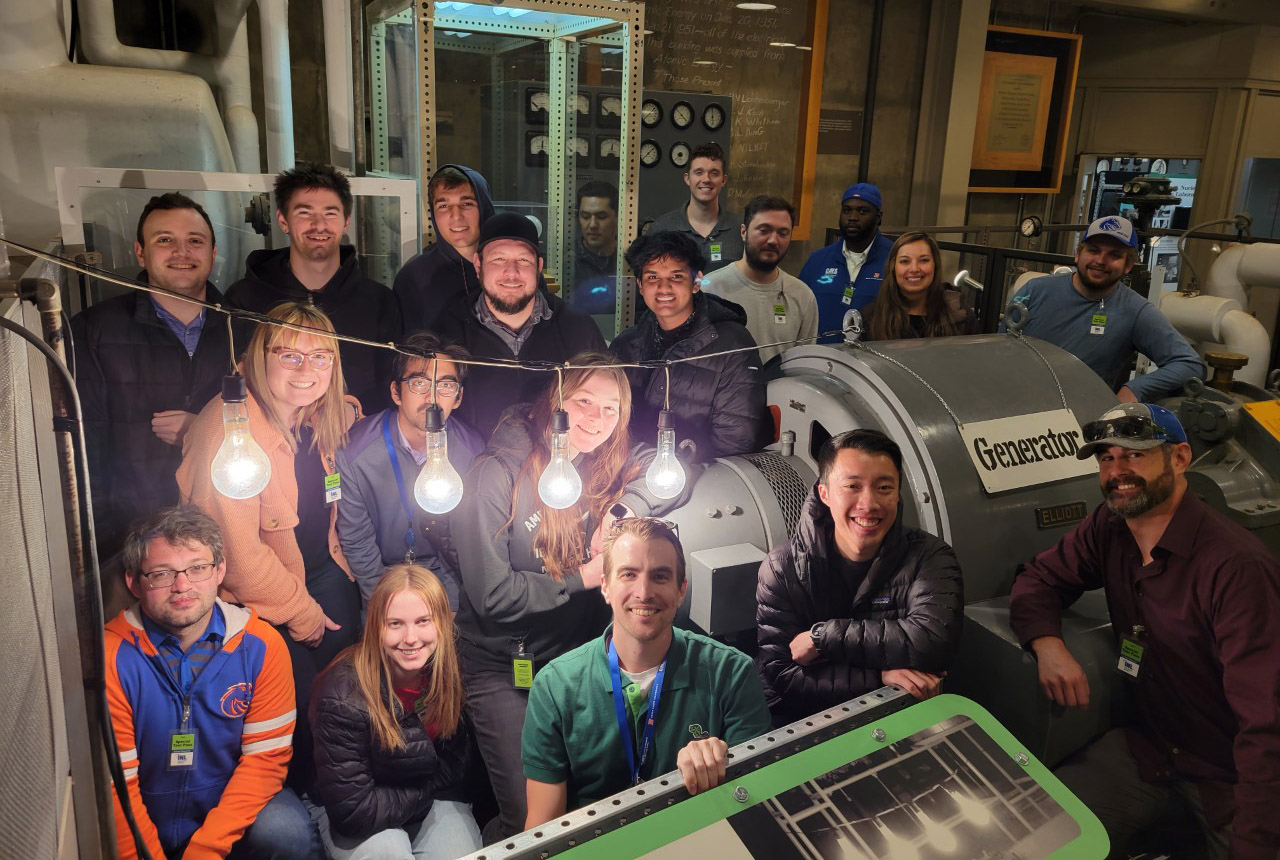
Earlier this month, the ANS Board of Directors approved the creation of two new student sections—Reed College in Portland, Ore., and Boise State University in Boise, Idaho.
ANS’s student sections represent the next generation of nuclear—they are critical to the Society’s goal of aiding the next generation in their pursuit of advancing, fostering, and promoting the development and application of nuclear sciences and technologies for the benefit of humankind. Student sections provide students with the knowledge, tools, and opportunities required to achieve success in or out of the nuclear field.
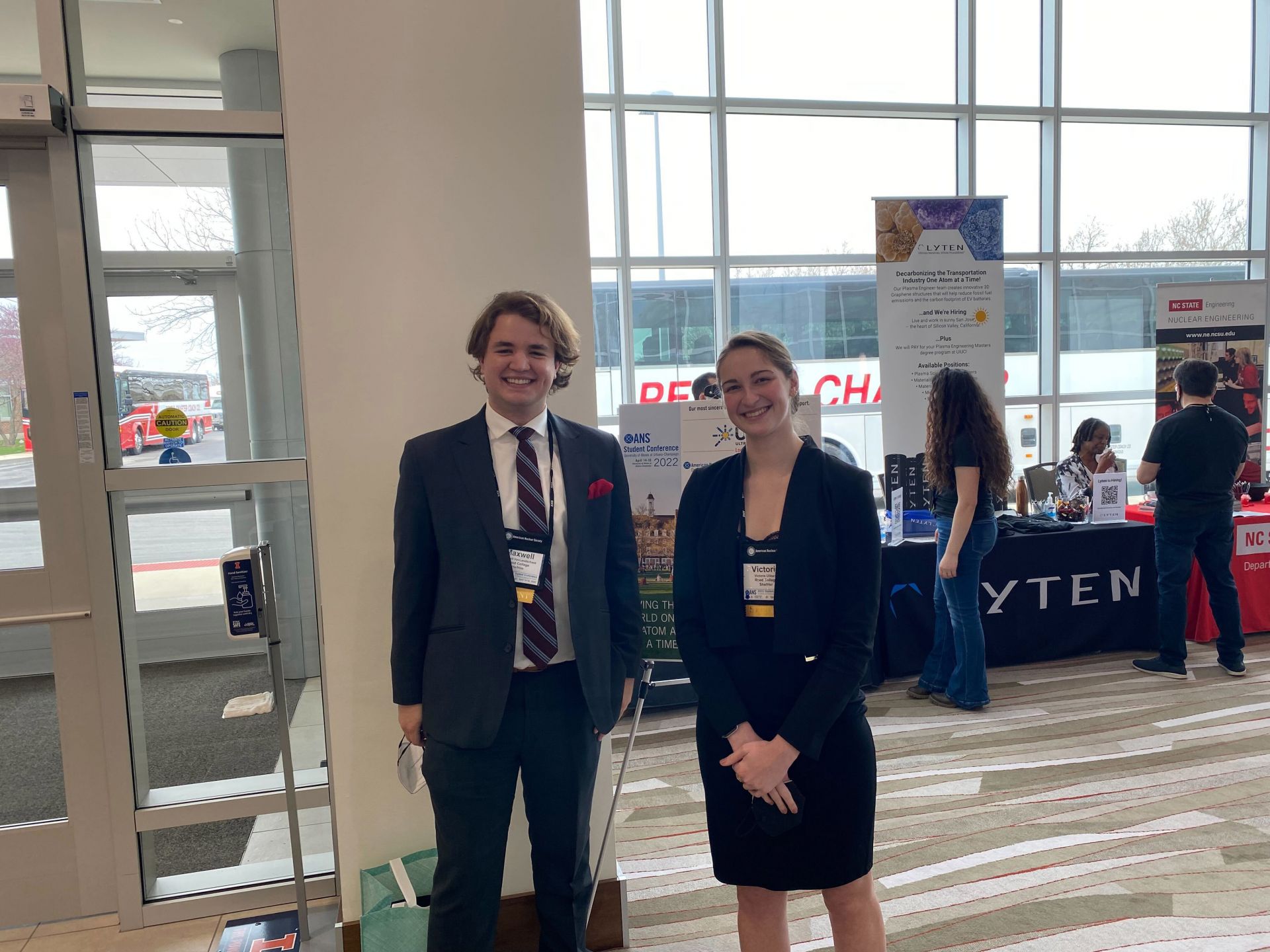
Some Reed College students at the ANS Student Conference.
Governance: Student members play an active role in all facets of ANS. Students and their sections are represented at the national level by the Student Director position on the Board of Directors (a two-year term) and by the Student Sections Committee (SSC).
To establish a student section, a school goes through a required process to establish themselves as an official ANS affiliate. The interested group at a college or university works to complete a petition, which they submit to the SSC. The petition contains information such as what the group has done so far, what the nuclear program is like at the school, details about the school’s nuclear- or engineering-related department, and a plan for their section’s governance upon becoming a student section. The SSC reviews the petition and makes recommendations. Once the petition is approved through the SSC, it is put forth to the ANS Board of Directors for a vote of approval.
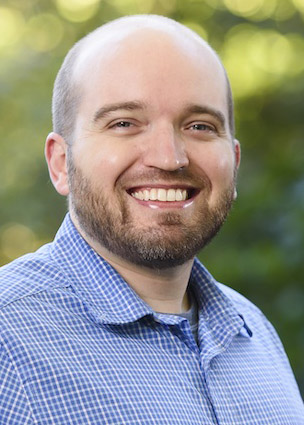
Newhouse
Words from Reed College: Jerry Newhouse, director of Reed College’s 250-kW TRIGA Mark I research reactor (in operation since 1968) and faculty advisor of the Reed College student section, shared the following:
As a reactor program operating within an undergraduate liberal arts college, our mission mirrors our surroundings—education of undergraduate students. While engineering classes are not offered at Reed, mathematics and natural sciences are the largest division of the student population, representing over one-third of our students in 2021. Additionally, as a liberal arts college, Reed strives to provide a breadth of knowledge across the curriculum to all students, so it is routine for non-STEM students to be deeply involved in the reactor program.
We hire 15 students each year to staff the reactor, with most of those students completing the requirements to receive operator’s or senior operator’s licenses from the Nuclear Regulatory Commission. Even though 15 students may seem like quite a few, we typically see about 100 students express interest in the reactor program at the beginning of each academic year. This leaves about 85 new students each year who have some level of interest in nuclear without a way to explore or act on that interest.
The Reed College student section will not only provide the amazing opportunities, resources, and access of ANS, but also open these opportunities to dozens of new interested students each year. We expect to see close collaboration between the reactor program and new ANS members who may be more interested in research than operations, as well as new members who may be more interested in nuclear policy than technical aspects. The student section will also provide the ability to expand our outreach activities in the local schools of the Portland area to help support upcoming generations of [nuclear] students.”
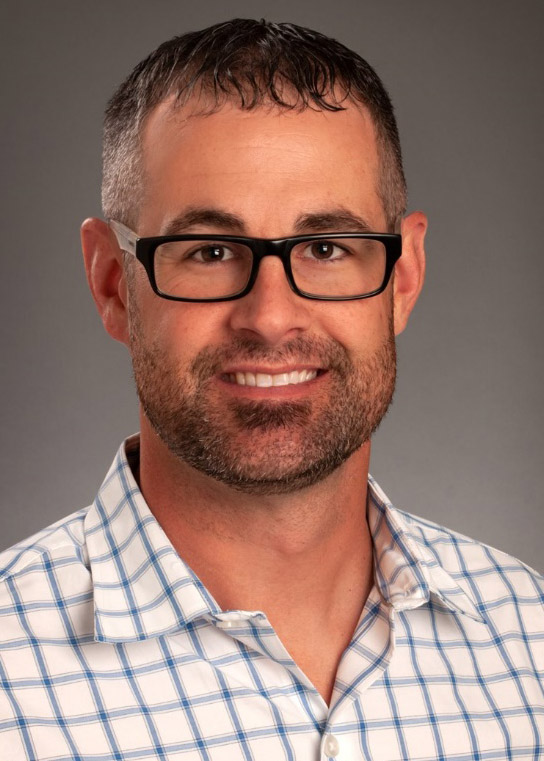
Jaques
Words from Boise State: Professor Brian Jaques, a Center for Advanced Energy Studies fellow and faculty advisor of the Boise State University student section, shared the following:
The new ANS student section at BSU is a great opportunity for students to engage and network with other sections in the state of Idaho, as well as nationally and internationally. The section brings awareness and excitement [about] Idaho’s rich nuclear energy history to the community, in addition to introducing our future nuclear energy workforce to the vast opportunity and promise of [the field].
The BSU student section provides a mechanism for students of all backgrounds to explore nuclear energy–enabling technologies, professional development, and networking opportunities. The current leadership of the BSU student section consists of enthusiastic, inclusive, and energy-conscious students who have strived, and continue to strive, to grow the community and provide public awareness. Together with the resources provided by ANS, the section will continue to communicate, advocate, and promote the ANS mission to ‘advance, foster, and spur the development and application of nuclear science, engineering, and technology to benefit society’ through educational workshops, outreach, community engagement, and professional society meetings. The student section provides a sense of community and belonging, both among like-minded BSU students as well as in the science, academic, and policy communities.
As an assistant professor in the Micron School of Materials Science researching nuclear energy–enabling technologies and a joint appointee with Idaho National Laboratory, I am beyond excited for the opportunities that the BSU student section will provide for our students. The section provides a mechanism for students to learn and advocate for nuclear energy with thoughtfulness and enthusiasm, which is an amazing opportunity!
A student's voice: Timothy Phero of the BSU student section added, “When we started the Nuclear Energy Club [here] a couple years ago, I don't think any of us imagined that we would hit such a high level of engagement, interest, and support at the quick rate that we did. This growth shows that our local community not only has an interest in nuclear energy but is eager to learn more about how to engage and advocate for this clean, carbon-free energy source.”


